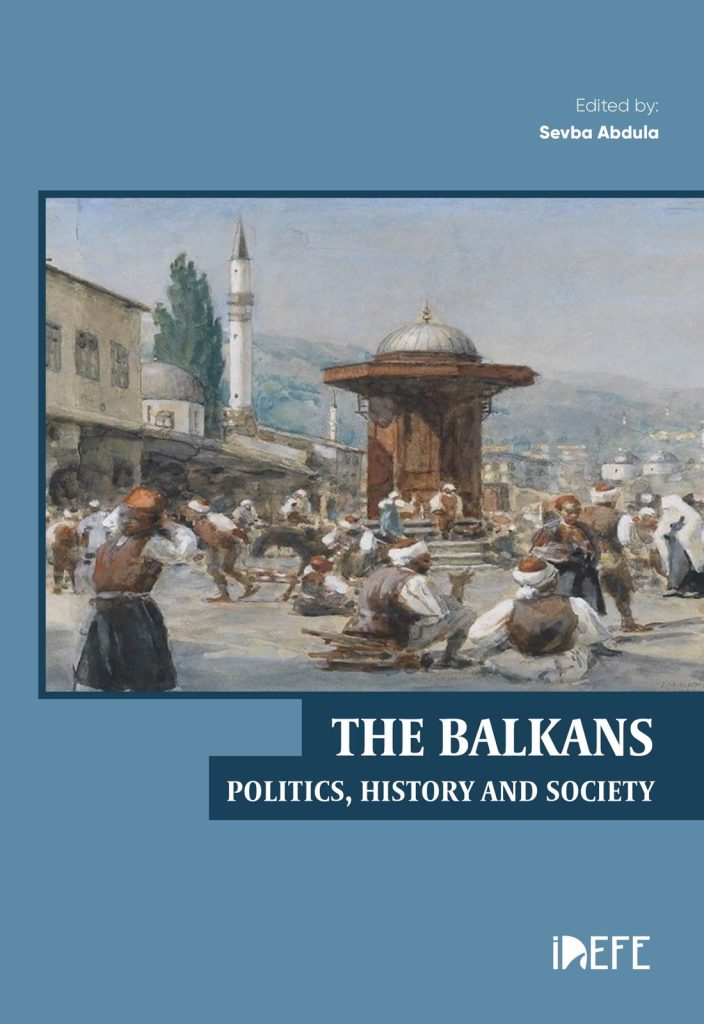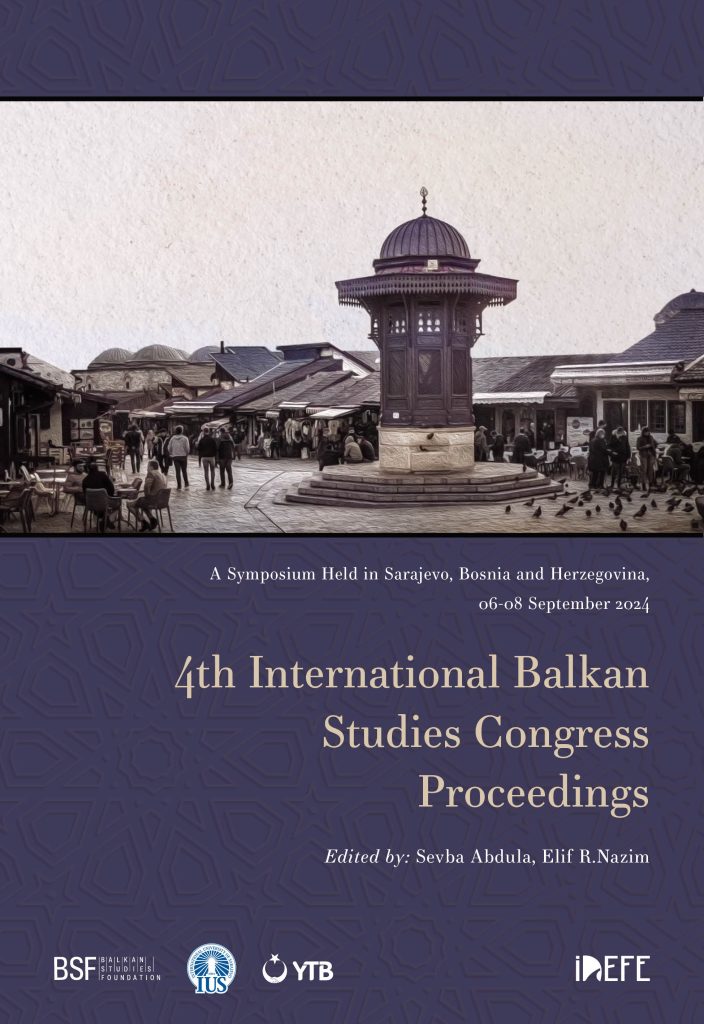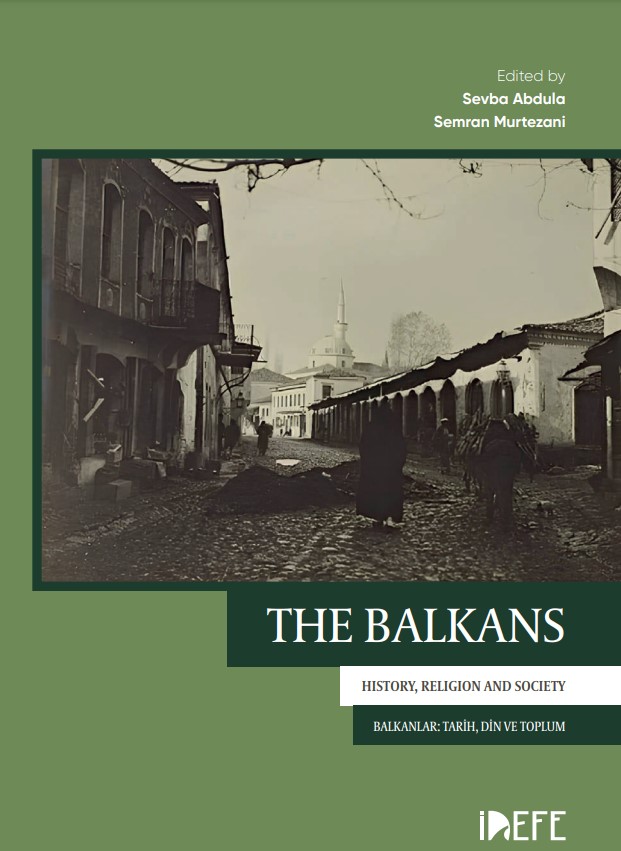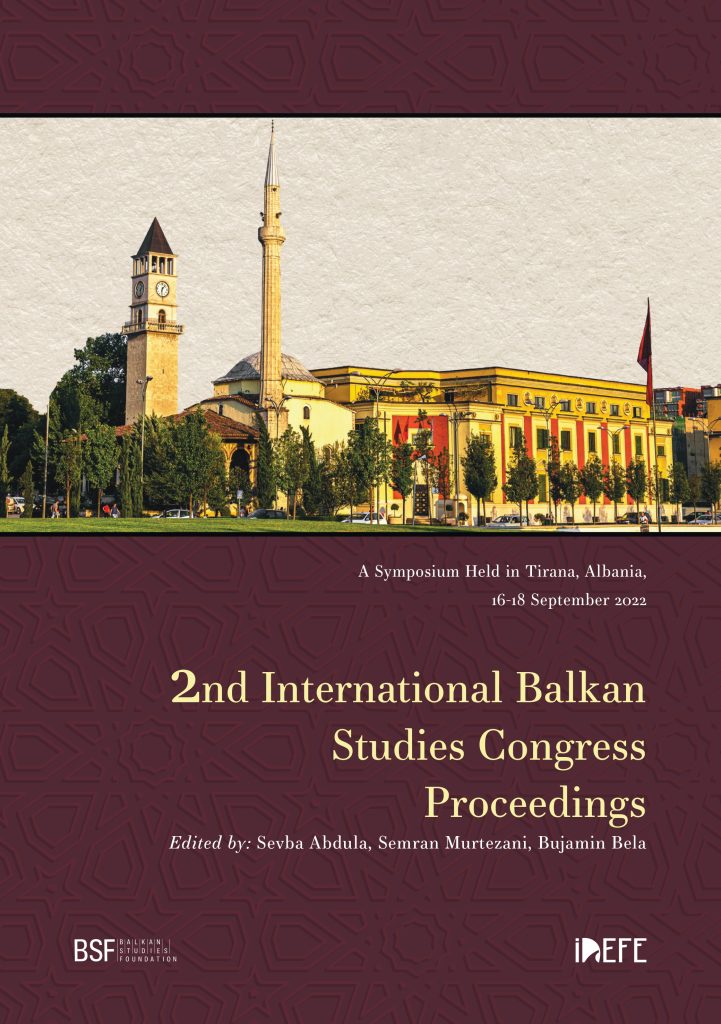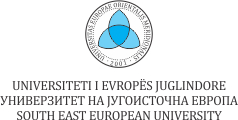8 September 2025
Menu Close

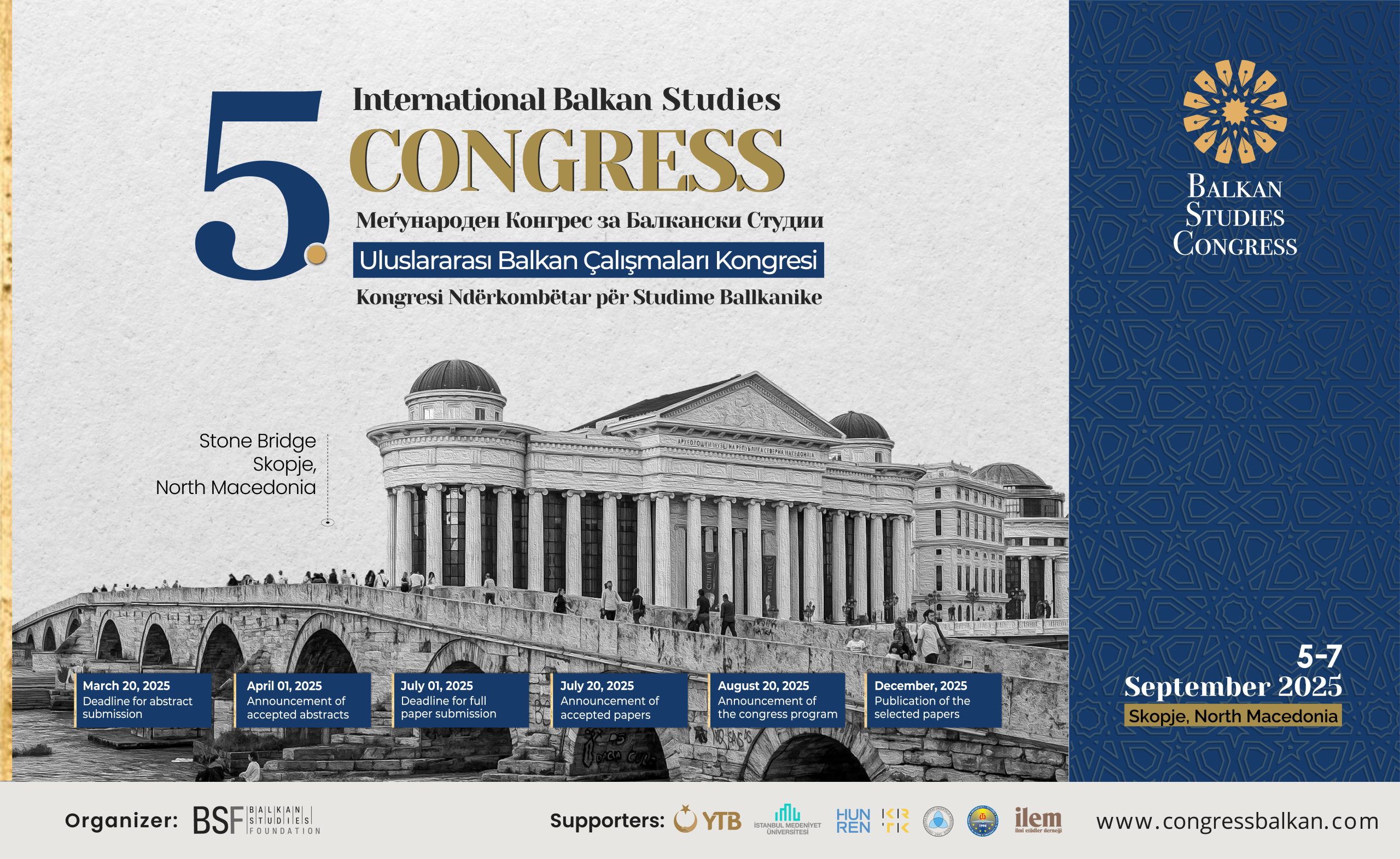
September 5-7, 2025 | Skopje, North Macedonia
Details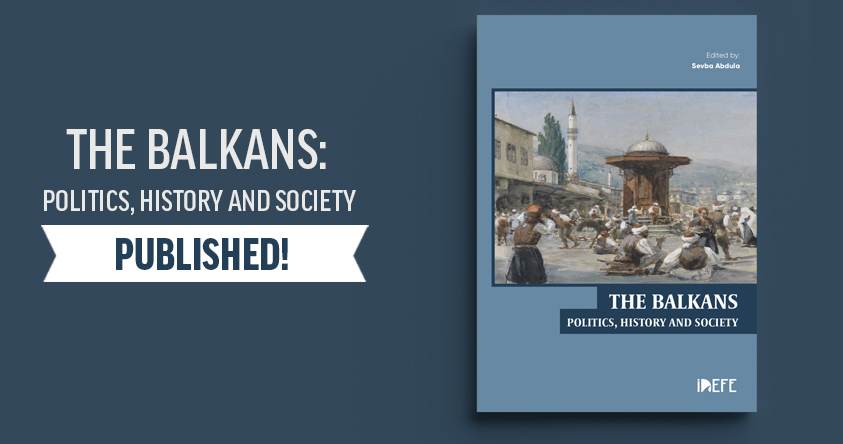
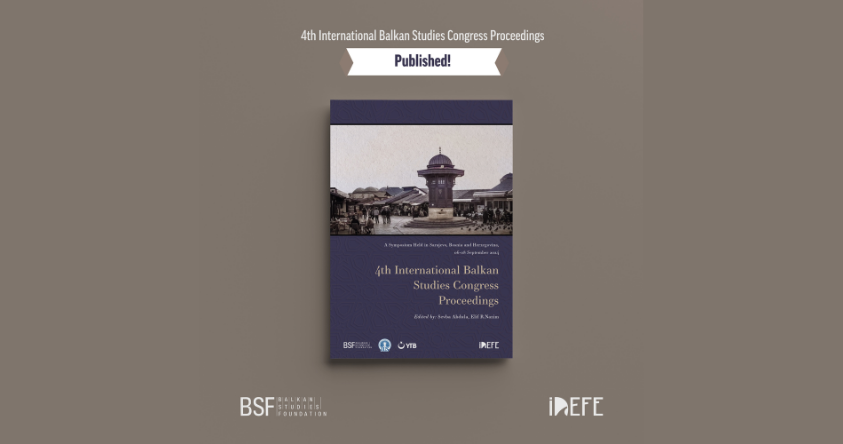
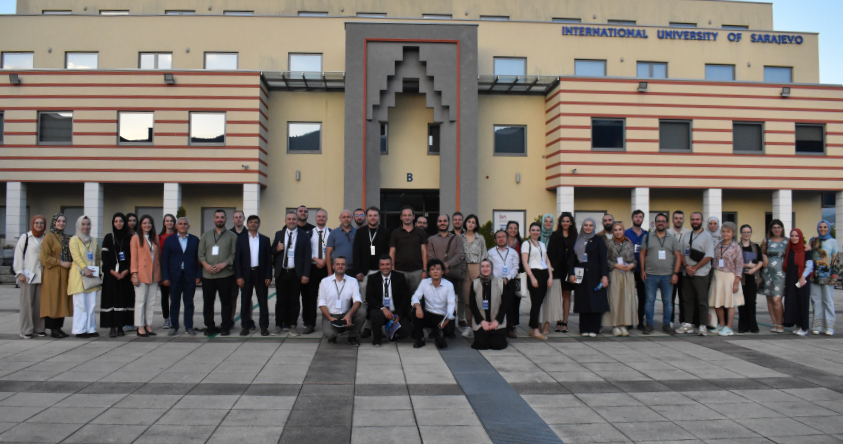
September 6-8, 2024 | Sarajevo, Bosnia and Herzegovina
Details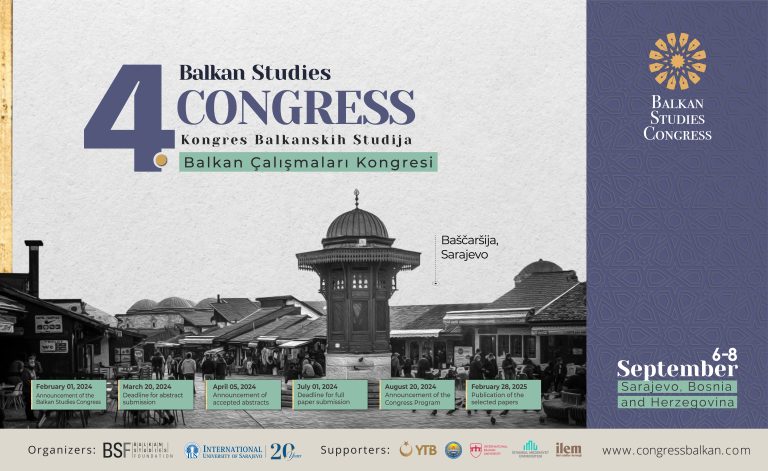
September 6-8, 2024 | Sarajevo, Bosnia and Herzegovina
DetailsThe Balkan Studies Congress is an international congress organized for the purposes of encouraging interdisciplinary studies in the field of social sciences and of contributing to qualified and original academic output. The Balkan Studies Congress aims to increase the quality of postgraduate studies by allowing for versatile communication and experience to be transferred to young academicians and to increase academic interaction and activity within the region and with Turkey.
